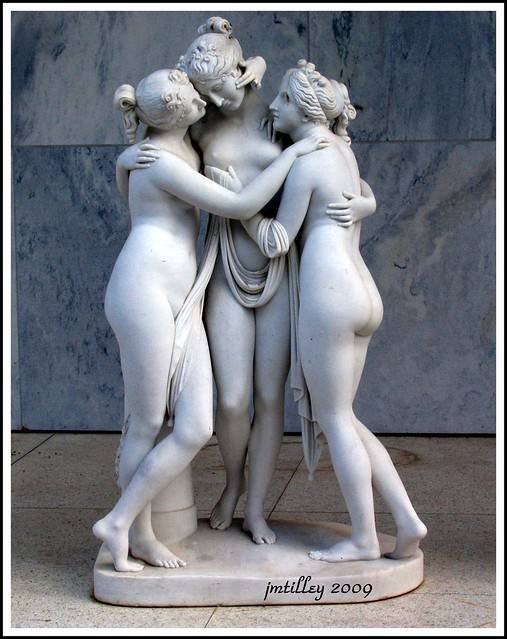Shoobis1
Member
Social security was created in a time when just giving free money to poor elderly people might have been too controversial, so we created this muse that people are just getting their own money back. People pay into social security their whole lives, and then when they're old, they collect the benefits. The problem with this is that a very large amount of the money goes to people who don't need it and who have plenty of money. In fact, the more wealthy a person is, the more benefits they're eligible for. It's kind of counter-productive.
Let's get rid of the muse that people are just getting their own money back and make social security what it should be--a safety net for elderly people who don't have enough money to survive and who are too old to work. That seems reasonable to me. Only pay benefits to people who are too poor to support themselves. This would hugely reduce the cost of social security, which is an enormous part of our federal budget.
Let's get rid of the muse that people are just getting their own money back and make social security what it should be--a safety net for elderly people who don't have enough money to survive and who are too old to work. That seems reasonable to me. Only pay benefits to people who are too poor to support themselves. This would hugely reduce the cost of social security, which is an enormous part of our federal budget.


